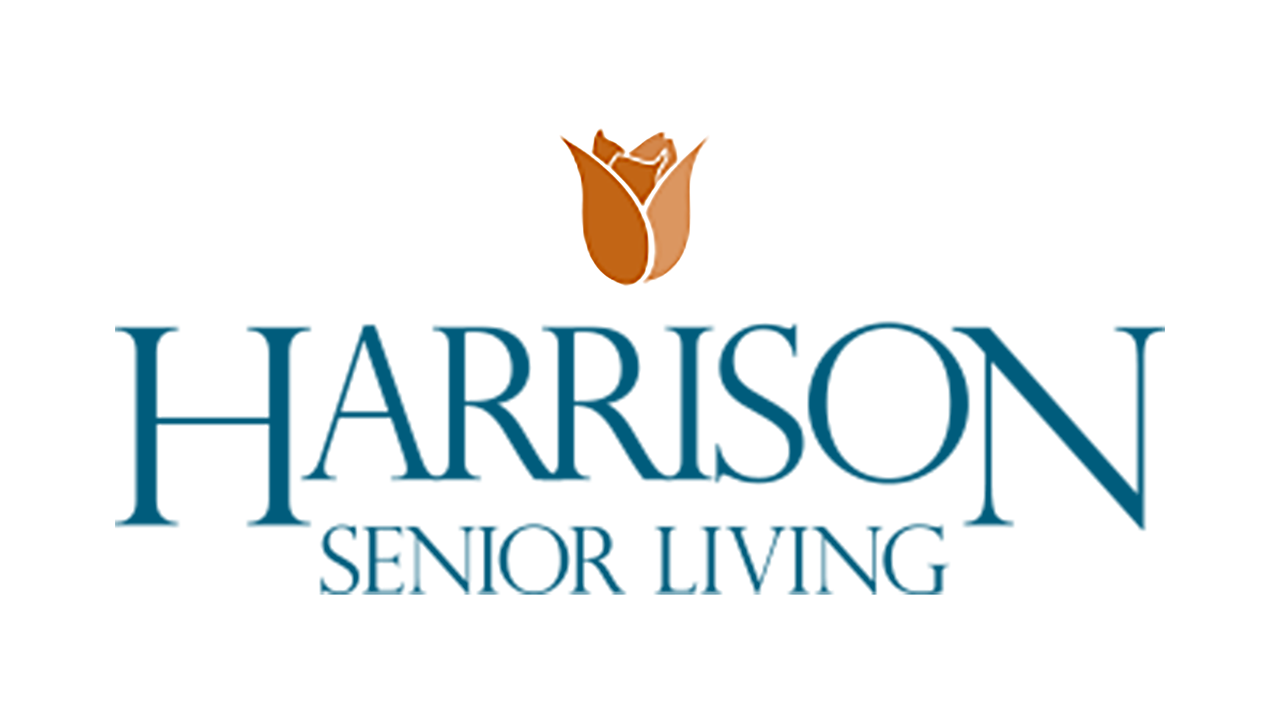What is Assisted Living?

Assisted living is a living situation created for those who are able to maintain much of their independence but still need some assistance with activities of daily living (also known as “ADLs”). While there are a number of care options available, assisted living is an option best suited for those looking to maintain much of their self-sufficiency while still having a helping hand available.
Assisted living communities—particularly those suited to senior care–have grown immensely popular over the last few decades. The level of independence offered with assisted living, as well as the range of assistance and services that often come with it, have made this one of the most common long-term care options in the country. For many seniors, assisted living offers the opportunity to continue living as they please with peace of mind, knowing assistance is always readily available.
Assisted Living vs. Nursing Home
The terms “assisted living community” and “nursing home” are often used interchangeably when they are, in fact, two very separate concepts. The biggest difference between assisted living communities and nursing homes (also known as skilled nursing communities) is the presence of medical professionals. Assisted living communities may have nurses onsite but typically do not have doctors on the premises (though they often do have doctors on call). Nursing homes, on the other hand, are staffed with a full team of medical professionals to address clinical care needs. In both settings, the care offered is designed to meet the needs of every resident.
Another difference comes in the level of assistance provided in each type of community. Assisted living communities usually offer assistance with daily tasks like bathing and dressing, allowing residents to maintain much of their independence. Nursing homes, however, are better suited for those who need constant clinical assistance with their daily lives.
How does Assisted Living Work?
Designed to offer a home-like environment, assisted living facilities typically provide residents with private living spaces like one-bedroom or studio apartments. This enables them to maintain their independence comfortably and safely while under the care of a team providing custodial and medical support if needed. Communal spaces and engaging social activities offer opportunities for residents to connect with others and form friendships that are so important to vitality.
When the decision is made for a resident to leave their home and move into an assisted living facility, it can sometimes feel like an intimidating transition. At Harrison Senior Living, we aim to make that transition as smooth as possible. We encourage our residents to bring personal items and, in some cases, furniture from home to create a setting that feels familiar. Upon move-in, every resident is warmly welcomed by our compassionate team and friendly residents, who quickly become like family.
Check out our checklist for moving into an assisted living facility to learn how to prepare yourself or your loved one.
Who Qualifies for Assisted Living?
Assisted living facilities are good options for adults — typically older adults — who need assistance completing the tasks of everyday life but still want to maintain some level of independence and comfort in their own space. Residents who require medical support beyond the day-to-day custodial needs can get the care they require in an assisted living facility, provided by a trained and qualified staff.
How Much Does Assisted Living Cost?
The cost of an assisted living facility can depend on factors like the size of a resident’s living space, what amenities are available, and where the facility is located. If you’re interested in learning more about the assisted living services offered by Harrison Senior Living, we encourage you to contact our team to receive details on pricing.
Does Medicare Pay for Assisted Living?
Medicare does not cover the costs of assisted living, as it’s not considered a medically necessary set of services. Outside of covering costs with private funds, some long-term care insurance plans may offer assisted living coverage. To learn more about your options with Harrison Senior Living, contact our team.
Is Assisted Living the Answer?
Though many may be intimidated by the concept, assisted living is sometimes an ideal solution for those who need help with their continued independence but aren’t in need of the full services found in a skilled nursing community.
With that in mind, assisted living communities often strive to offer residents not only support but also a host of benefits that they likely wouldn’t experience living outside a long-term care community. For instance, many assisted care communities offer food service with restaurant-style dining, fitness centers, libraries, laundry service, and more. On top of that, most facilities offer frequent events, trips, and social gatherings for their residents, which helps build a strong sense of community while providing entertainment.
For those looking into ways to maintain with their independence while having the day-to-day aid they need to get through life’s activities, assisted living is worth consideration. Assisted living communities may not offer residents the exact level of independence they had while living on their own, but they do provide a comfortable, enjoyable way to continue to experience what life has to offer.
Harrison Senior Living delivers assisted living services in Salisbury, MD. Set in a beautiful 1905 Victorian mansion and surrounding campus, our facility is staffed 24/7 by a team that includes on-site nurses and care providers. It offers an intimate setting where residents and staff members get to know each other well and build meaningful relationships that contribute to a home-like living experience.
Back to Education Center
